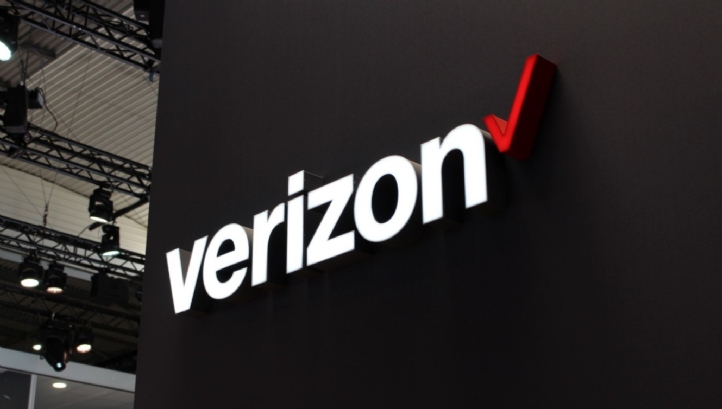US-based telecommunications and technology giant Verizon has pledged to achieve carbon neutrality across its Scope 1 (direct) and Scope 2 (electricity and heat) footprints by 2035.

Verizon employs 152,000 people and serves 4.6 million customers across the US
Announced to coincide with Earth Day (22 April), the commitment will see Verizon work to reduce these scope emissions as much as possible, largely by shifting to renewable energy procurement, before purchasing carbon credits to offset any residual greenhouse gas (GHG) emissions.
The company is currently striving to source renewable electricity equivalent to 50% of its total annual usage by 2025 and to plant two million trees by 2030 – but the newly announced drive for carbon neutrality may see these aims bolstered. It has installed onsite renewables arrays at 22 of its global facilities and planted 700,000 trees to date.
While Verizon’s new commitment to reaching net-zero does not apply to its Scope 3 (indirect) emissions, the company has confirmed its intention to continue running its carbon abatement scheme for customers, whereby they are given the option to purchase low-carbon products and services while offsetting the remainder of the product or service’s GHG footprint. Verizon claims that this model has mitigated the emission of 8.2 million metric tonnes of CO2 to date.
“Given our size and the global footprint of our business, we hope that our efforts will be an impactful step towards preserving our planet and will enable our customers to reduce their carbon footprints as well,” Verizon’s chairman and chief executive Hans Vestberg said.
The announcement comes shortly after Verizon issued its first green bonds, making it the first US-based telecommunications provider to do so. The $1bn package of 10-year green bonds will be used to finance large-scale solar and wind projects, hydrogen fuel cell electricity production facilities and onsite renewable generation arrays across Verizon’s estate.
The net-zero heroes
In the wake of the Intergovernmental Panel on Climate Change’s (IPCC) warning that global carbon emissions will need to hit net-zero by 2050 if the global temperature increase is to be capped at the Paris Agreement’s more ambitious 1.5C trajectory, Verizon is one of many organisations to have unveiled carbon neutral ambitions in recent months.
As the UK Government announced plans to explore the feasibility of setting a net-zero carbon strategy last October, for example, technology giant BT committed to become a net-zero-carbon business by 2045, building on its existing science-based target to reduce emissions by 87% by 2030 against a 2016/17 baseline.
Elsewhere, the world’s largest container shipper, Maersk, is targeting carbon neutrality by 2050. The move will see Maersk work with governments and industry in order to help spur the development of net-zero vessels and shipping fuels in a bid to make these technologies commercially viable by 2030.
Other so-called “zeronauts” – businesses to have committed to a net-zero or net-negative carbon pathway – include the likes of modular flooring firm Interface, supermarket chain Aldi UK and Ireland and football club Forest Green Rovers.
Similarly, a coalition of major corporates with UK operations, including Unilever, Signify and Coca-Cola European Partners, have been lobbying for a legally binding net-zero target for the UK in order to set their own pathways to carbon neutrality. The Government is set to receive advice on developing such a trajectory from the Committee on Climate Change (CCC) next week.
Sarah George
